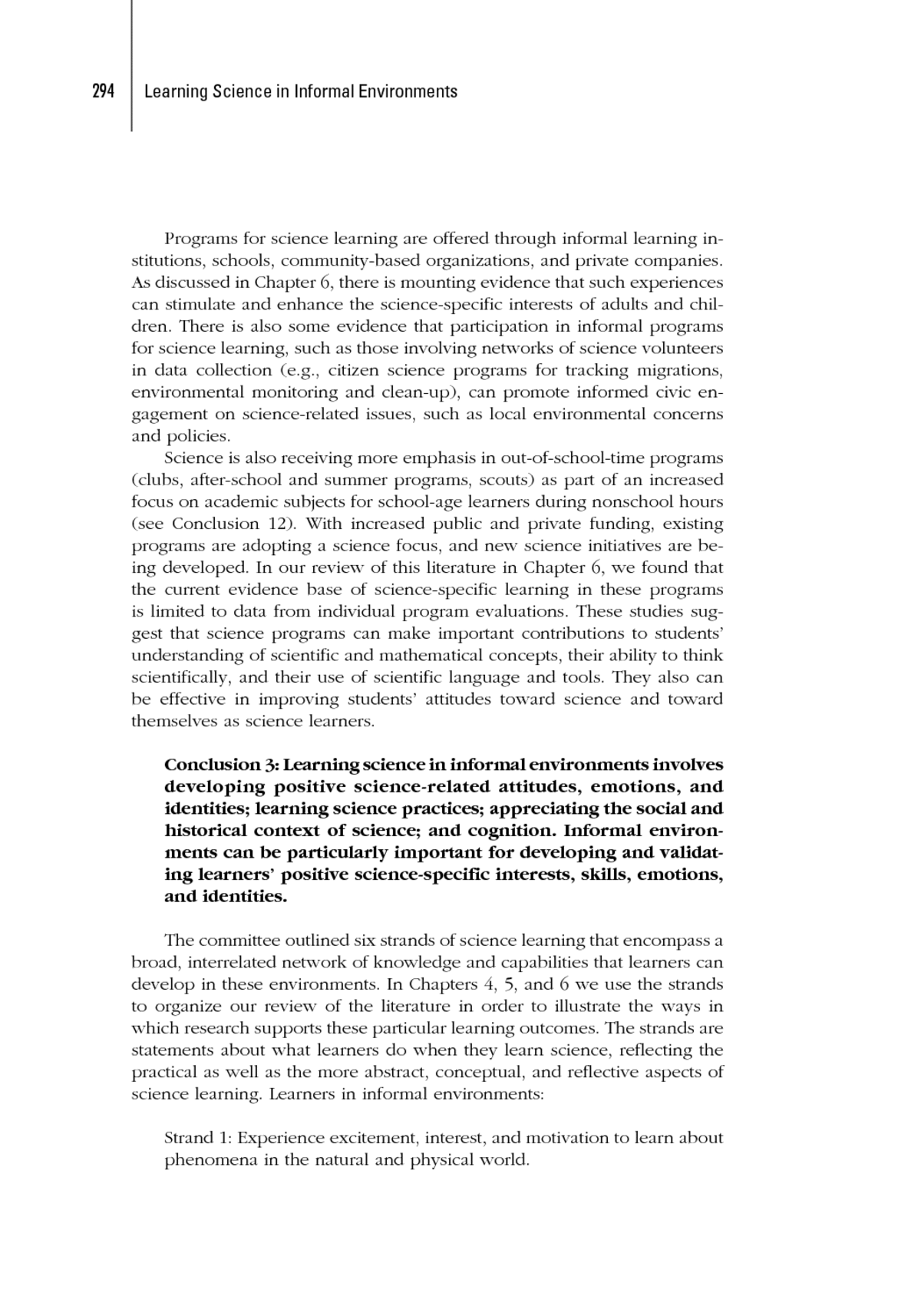If you’re writing a conclusion for your science coursework, it’s important to make sure that the reader can immediately identify with the topic sentences. A good conclusion for a science project summarizes the experiment or project and restates the objectives. It also explains the procedures used, the results, and the errors and uncertainties encountered during the research process. It should also expound on new ideas, especially if the experiment or project has given you new insights.
RERUN method
The RERUN method for writing a conclusion is a great way to capture the main components of a science project. The method stands for “Restate, Explain, Results, and Uncertainties.” This framework captures the major elements of a scientific experiment. When writing a conclusion, the RERUN method should be used to avoid any grammatical errors. While writing a science project, it is also important to proofread your work. Having a perfect project will speak volumes about your dedication to research and attention to detail.
The RERUN method for writing a conclusion is a great way to introduce students to the scientific process. Students should begin their conclusions by stating their hypothesis, describing how the research was conducted, and addressing any uncertainties. Then, students should state the results of the experiment and what they learned. After all, science is a very complicated field, and every step counts.
A science project conclusion should summarize the work. Include clarifications and errors, as these will help the audience understand the experiment and the results. If any errors were made, the conclusion should be brief, concise, and include the most important findings of the experiment. The RERUN method for writing a conclusion for science coursework includes a summary of the experiment and the results. If errors or uncertainties were found, the conclusion should highlight these as well as any new ideas.
Using this guide to write a conclusion for science coursework
If you have a science coursework assignment due soon, following this guide will help you come up with a strong conclusion. Your conclusion should restate your thesis and summarize the key points you have made in your essay. In addition, you can use a quotation from a relevant source to tie your argument to a larger context. While it is unlikely to work for every essay, a relevant quotation can add flair to your essay.
While many students find common phrases to be good conclusions, these phrases are often overused in essays and speeches. In addition, students should avoid using too many long or confusing sentences in their conclusion. This way, the reader can understand the whole argument and decide if it is worth reading further. While this method is great for making the conclusion a stronger part of the essay, it can also make the essay difficult to read.


No Responses